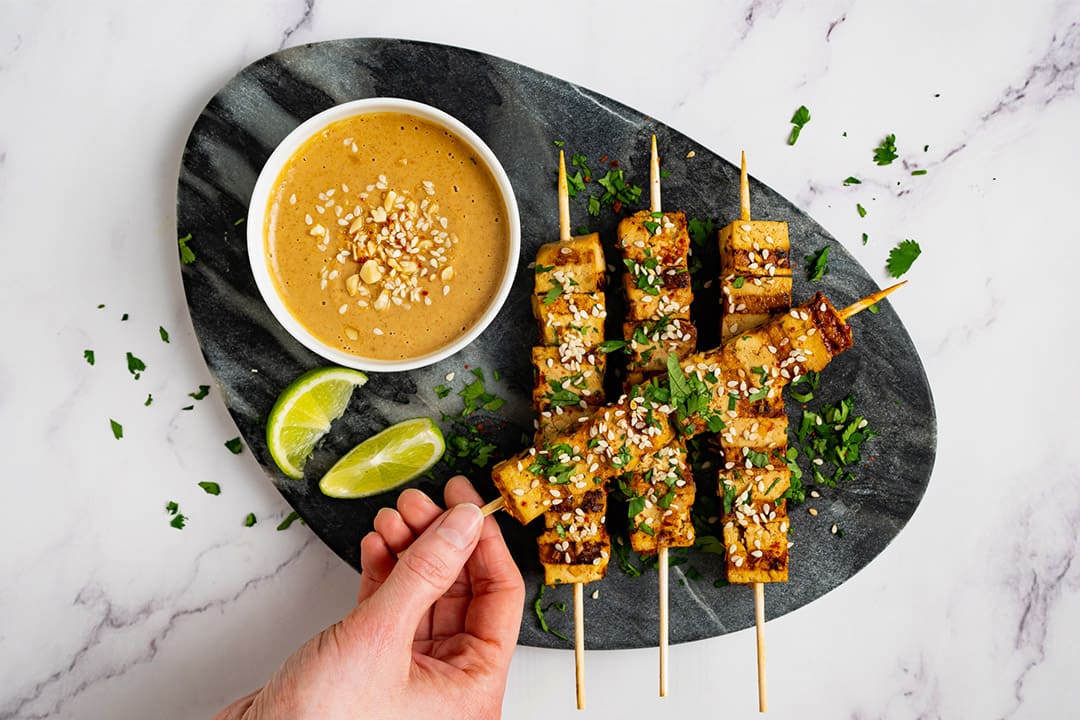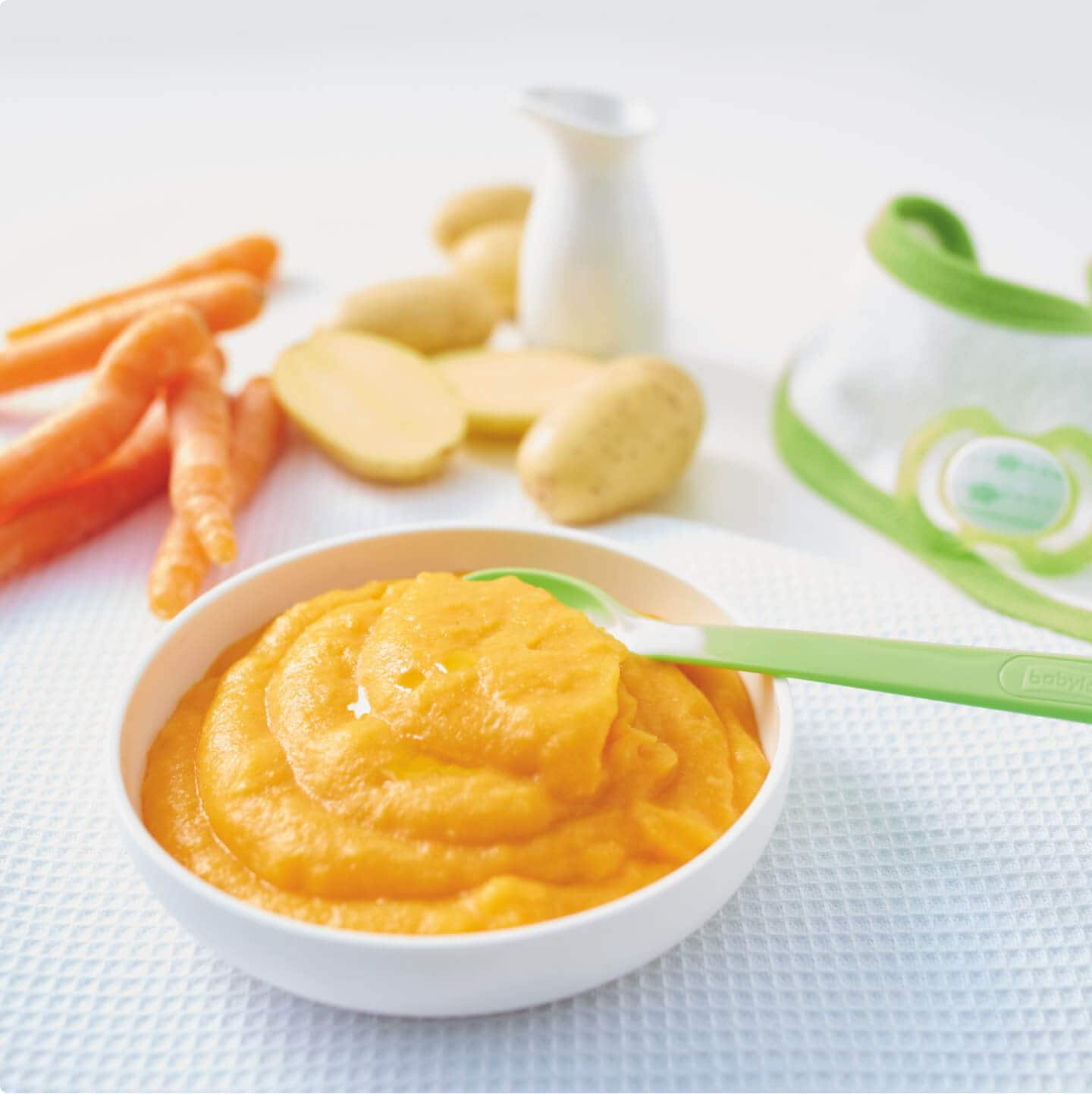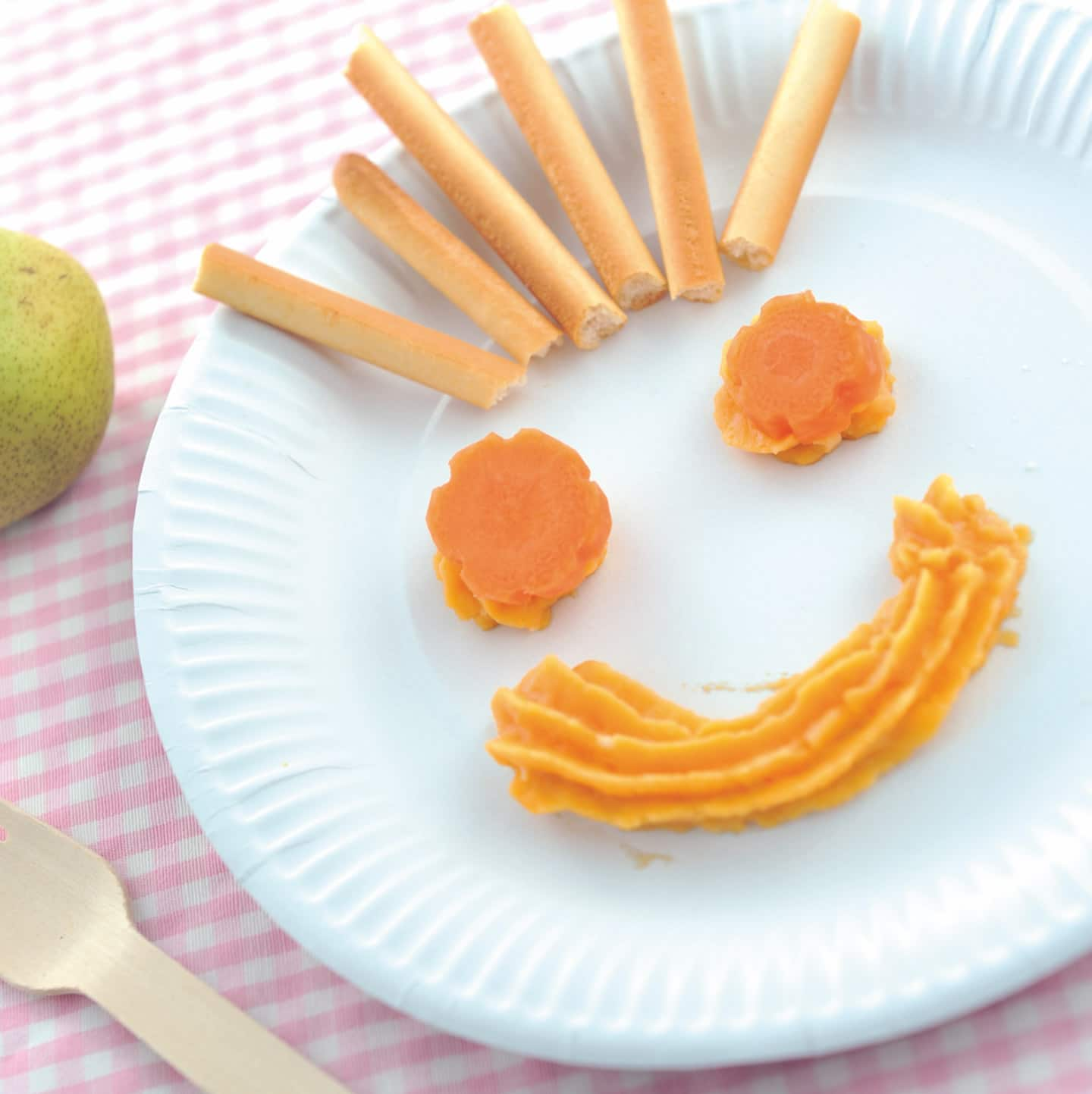Versandkostenfreie Lieferung ab 35,00 €
Kostenlose Rücksendung
Speisenzubereitung
Kochen
Frühstück
Angebote
Inspiration
Speisenzubereitung
Kochen
Frühstück
Angebote
Inspiration

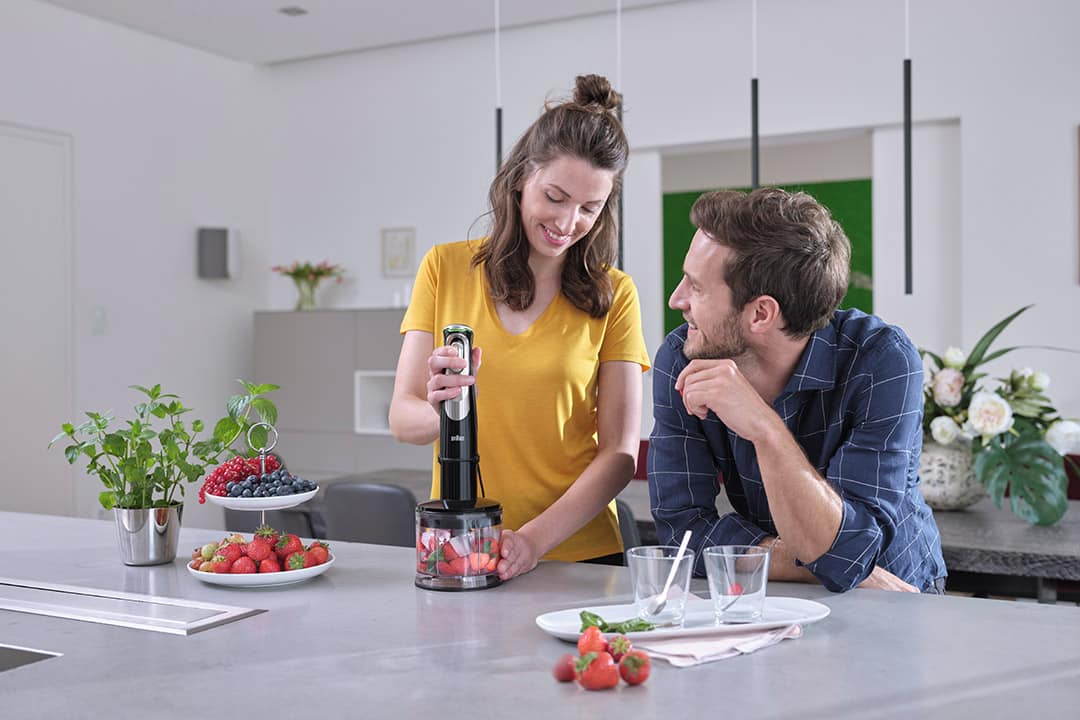





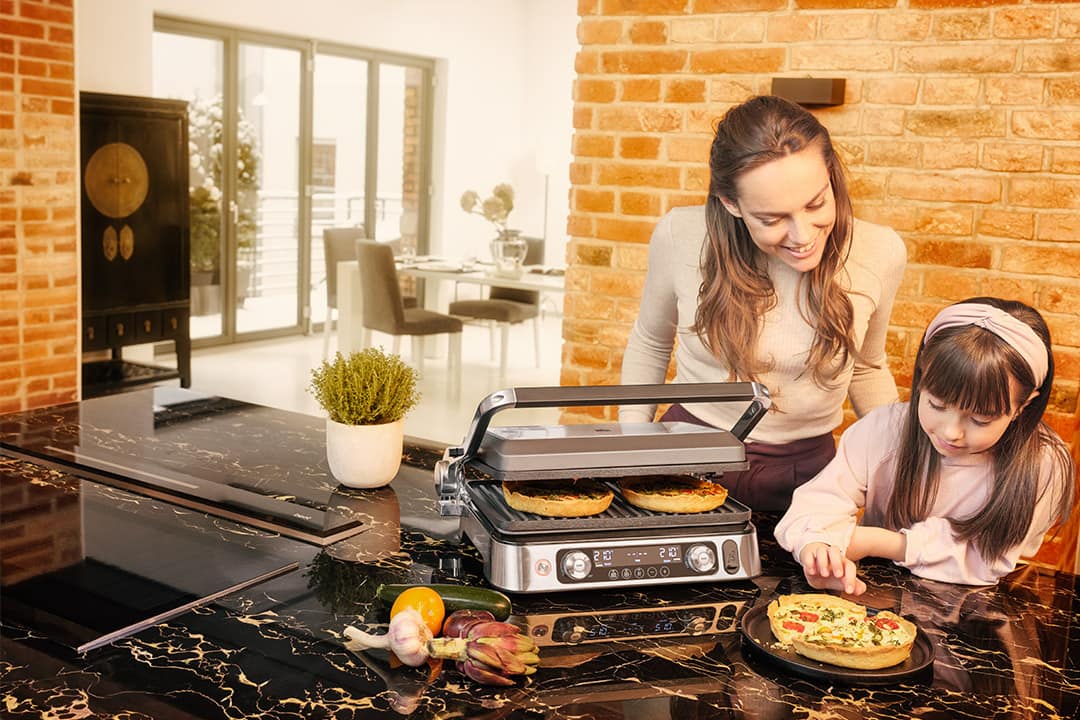




Air Fryer
Entdecke den ultimativen Komfort.
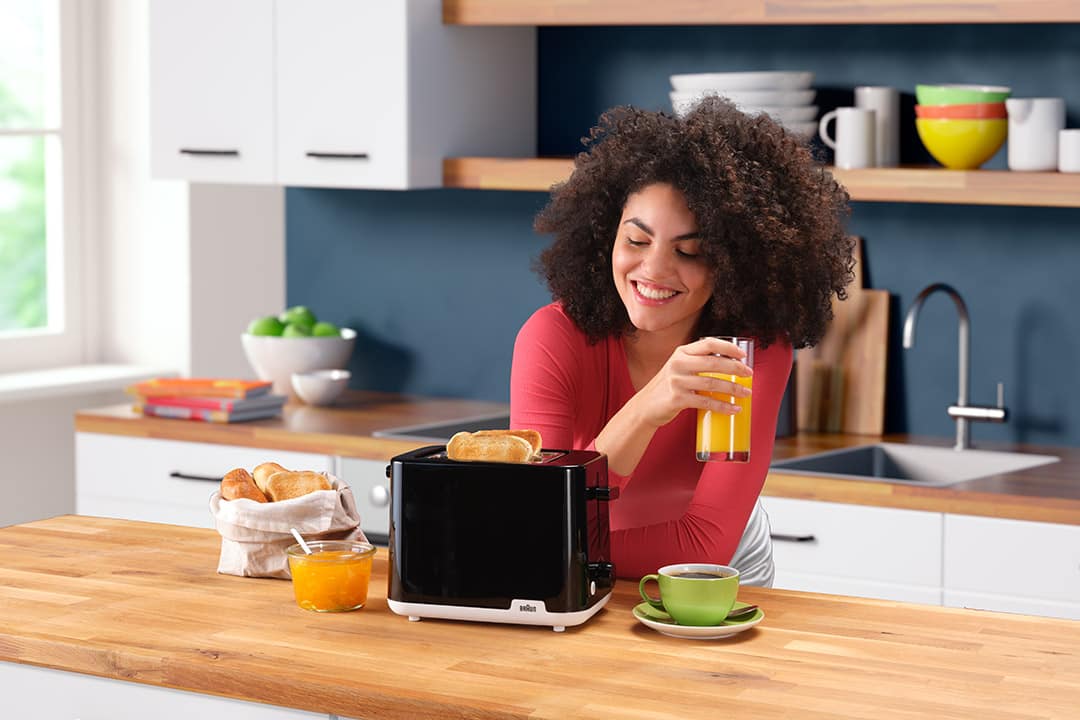






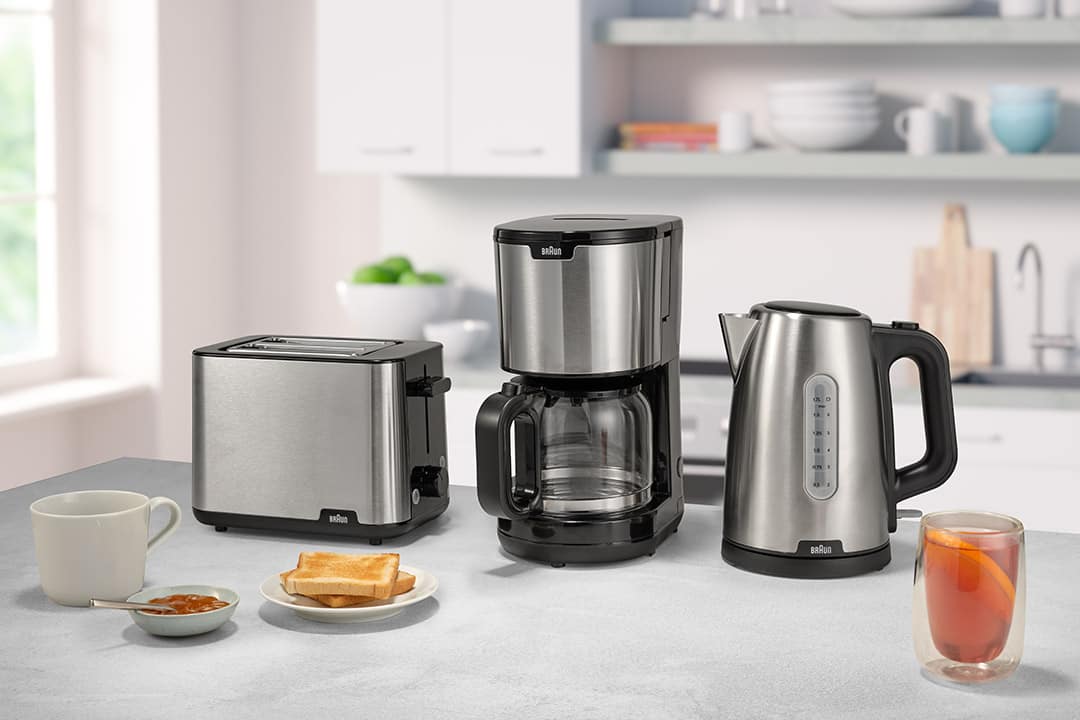



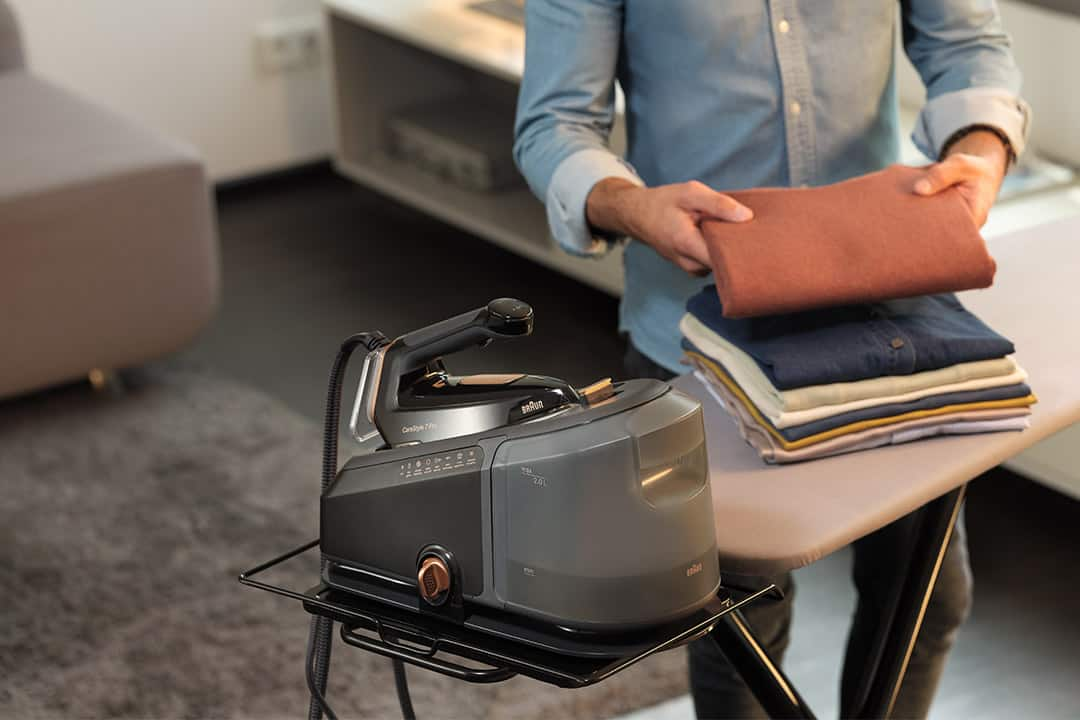


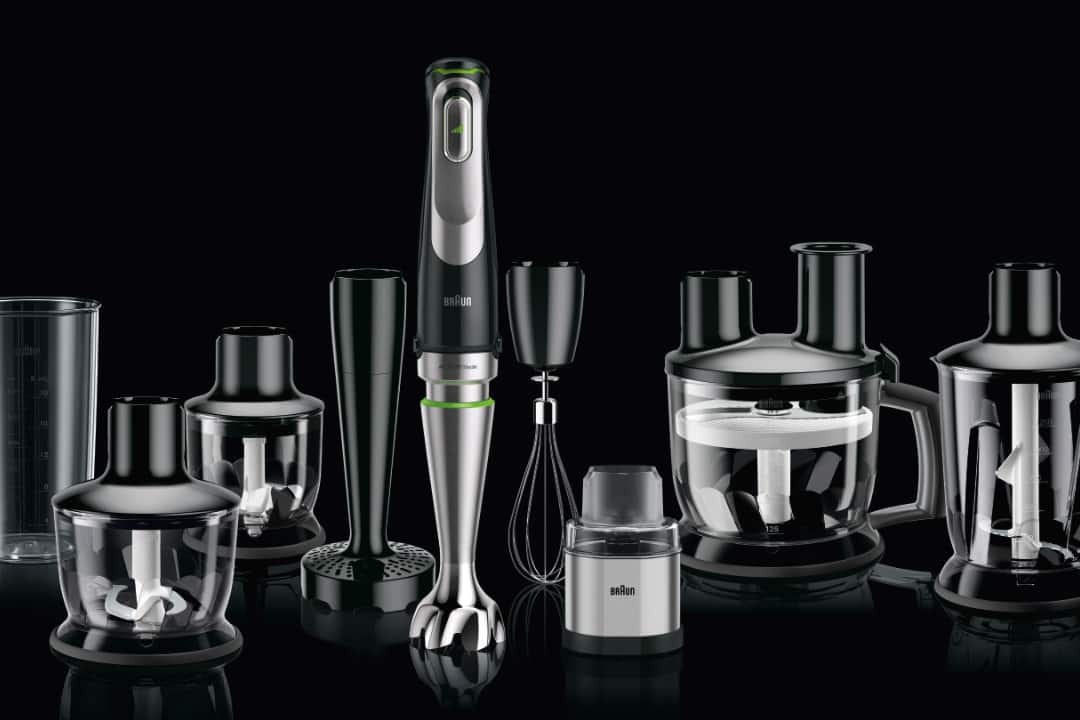

Die Hochzeitssaison beginnt!
Spare 25 % auf Hochzeitsgeschenke mit dem Code WEDDING25.

Steam & Gift Aktion
Jetzt Dampfbügelstation kaufen und ein ausgewähltes Produkt gratis dazu erhalten – du hast die Wahl!


Leifheit x Braun Bügelaktion

Braun Heißluftfritteusen
Jetzt ausgewählte Braun Heißluftfritteusen 60 Tage ohne Risiko testen!*
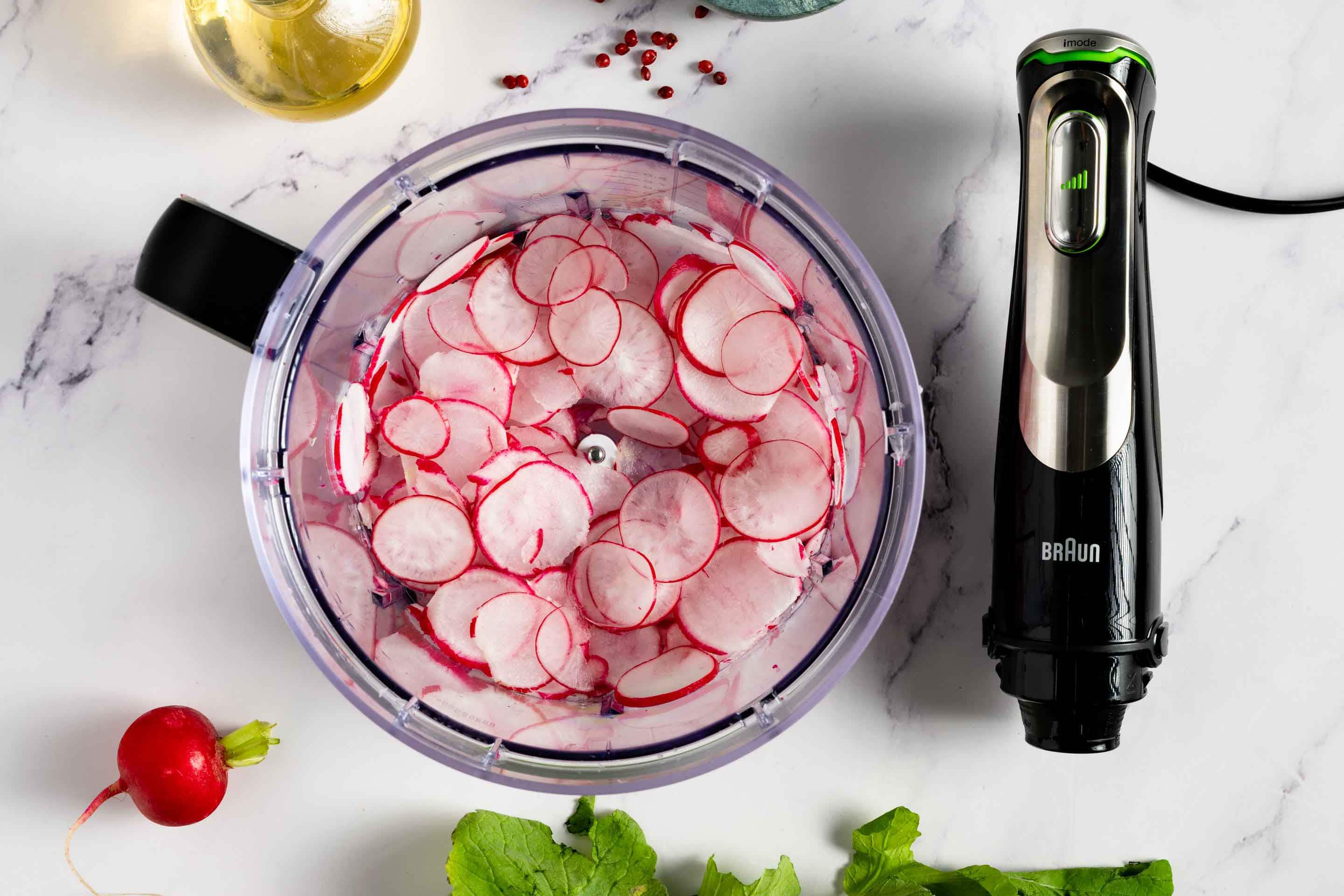


Gesund essen, gesund leben
Gesundes Essen, leicht gemacht.
